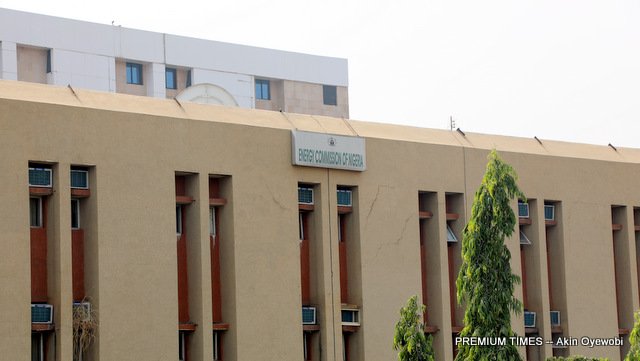The Energy Commission of Nigeria (ECN) has commenced an energy audit across universities and medical institutions nationwide as part of efforts to assess and address the energy needs of these establishments. The audit is scheduled for completion before the end of the year.
The initiative is part of a broader national drive to invest in renewable energy technologies and smart technology solutions. According to the Commission, these investments are critical to accelerating Nigeria’s development, ensuring sustainability, and attracting foreign direct investment.
Highlighting global precedents, the ECN referenced Morocco’s Noor Ouarzazate Solar Complex—the world’s largest concentrated solar farm—which has contributed significantly to energy security and job creation in the region. The Commission noted that Nigeria holds immense potential to replicate such achievements, particularly in the northern region where solar intensity is highest.
“Security and job creation are two intertwined issues that technology can help resolve,” the Commission stated, citing the examples of Israel and the United States, where renewable energy supports security infrastructure such as AI-driven surveillance and drone technology. The Commission suggested that Nigeria could adopt similar strategies, including the use of solar-powered security cameras in high-risk zones and technology-driven agricultural solutions to address youth unemployment—a major contributor to insecurity.
With over 60% of Nigeria’s population under the age of 25, the ECN emphasized the importance of training programs in sustainable technologies such as solar panel installation, smart agriculture, and energy management. Such programs, it said, would not only generate employment but also help tackle the nation’s persistent power deficit.
The Commission also highlighted the role of renewable energy in enhancing education and national development. It pointed to countries like Finland and South Korea, which have leveraged digital tools and smart classrooms powered by renewable energy to transform their educational systems. The ECN envisioned a future in which rural Nigerian schools have uninterrupted electricity from solar microgrids, enabling students in remote areas to access digital learning platforms.
Speaking on the federal government’s support for the energy sector, the Director-General of the ECN expressed satisfaction with the innovative policies, strategic partnerships, and intentional financing enabled by President Bola Ahmed Tinubu under the “Renewed Hope Administration.” He also commended the role of the Ministry of Innovation, Science and Technology, led by Honourable Minister Chief Uche Nnaji, for its commitment to advancing energy solutions in the country.
The Director-General further announced a major federal government initiative aimed at bridging the gap between energy supply and demand through renewable sources. According to him, the federal government has recently appropriated funds to the ECN for the “Solarisation of Critical Infrastructure Across the Country.”
The ECN will oversee the full implementation of this project, which will benefit universities, teaching hospitals, and other public institutions. Under the initiative, solar hybrid mini-grids with capacities of up to 2 megawatts will be installed in federal government institutions and hospitals across all 36 states and the Federal Capital Territory (FCT).



